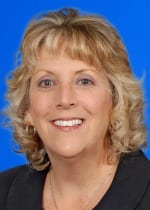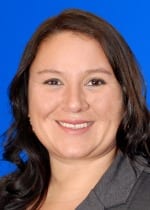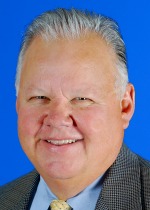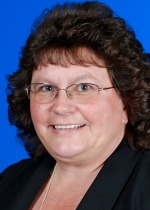By Tom Sponsel, CPA/ABV, CFF
Managing Partner
[email protected]
Every good manager knows that the key to improving productivity is to hire talented people with skill sets that are commensurate with the needs of the workforce. But as a business grows and more managers are necessary to supervise a larger number of employees, breakdowns can sometimes occur when it comes to delegating responsibility.
Good delegation requires adequate orientation to the task or duty, timely follow-up, meeting deadlines and holding the delegate accountable for the quality of the project. Where managers become frustrated is when they do not see the results they wanted at the end of the process.
A mistake often made is when the supervisor takes the project back and completes it himself or herself. While it may serve as a quick-fix, it only increases the burden on the manager, reducing their capacity to act in a supervisory mode. And it sends the message to the employee that they do not have your trust.
While it’s tempting to blame problems on a lack of drive on the part of the employee, in my experience responsibility actually breeds motivation. The majority of workers desire to do well in their endeavors, and will raise their level of performance to meet higher expectations.
The secret is that the delegation of authority must be performed in a way where the employee is held accountable to the level of expectations. When a project is turned in with sub-par results, the manager should explain where their work is lacking and have them fix what’s wrong, rather than the manager allowing it to boomerang back to them to fix or complete.
Good management is in many ways a teaching process, and that takes time and patience. By omitting the learning experience that comes with timely feedback and accountability, a supervisor is only setting the employee up for more failure.
I believe that when employees know they are solely responsible for the delegated project and that you’re depending on them to deliver at a commensurate level and on a timely basis, they will become more motivated to meet those expectations.
If you really want to motivate your staff, you should delegate liberally, providing clearly defined expectations and giving employees the autonomy they need to complete a task. And let them know they’ll be held accountable to that prescribed high standard.
The only way to build a capable and qualified staff that will help your company grow is by investing your trust in them, so managers feel comfortable delegating important duties, and employees are properly motivated to deliver polished returns.
In the end, you’ll find you have a stronger team of employees, a less frustrated manager, and a culture of coaching that workers will pass on as they move up the chain.
If we can assist you with achieving success in your business or personal affairs, please contact Tom Sponsel at (317) 608-6691 or email [email protected].



















